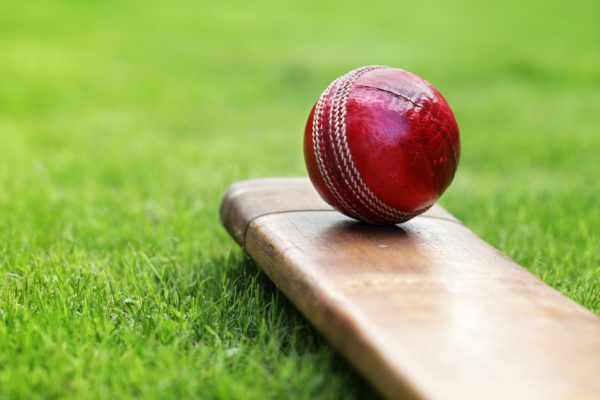
by Tim Middleton
Fore! Every golfer knows what “Fore!” means. It is saying, “Watch out! The ball is coming your way; it could be dangerous.” So, right now, we need to watch out — sport is coming your way and ‘Fore” is the key! In fact, “for” and “four” are coming your way as we reflect on why sport plays such an integral and necessary part in school life, and first of all (indeed, most of all) for all children, not just for those who are talented at sport; we do sport for all pupils. The best score is four all!
Cricket followers will no doubt be aware of some weird and wonderful terms given to different parts of the game such as fielding positions by the names of “short leg”, “third man”, “long on”, and bowling deliveries with names such as “googlies”, “yorkers” and “chinaman”. Then there is a “Michelle”, the name given to the achievement a bowler may attain when taking five wickets for however many runs in an innings (so called after Michelle Pfeiffer, the famous Hollywood actress, whose surname sounds like “five for”). As we look at sport as part of the school curriculum, as part of the Big Five of Education, we need to consider “Michelle”, for we do sport for five reasons — five “for”s, indeed five “F”s. As the Beatles had a hit song entitled Michelle in 1967 which included the lines, “I need to make you see, oh what you mean to me” so we need to make us see what sport means to us, in its correct form at school.
First of all, we do sport for fun. In truth, we do this the least, as the vast majority of those pupils who do indeed do sport at school give it up as soon as they leave school. They do not see it as enjoyable. It is meant to be for pleasure. What is more, the fun is not meant to be dependent on the result. By taking it far too seriously, in terms of results, we diminish the enjoyment and heighten its danger. Secondly, we do sport for fitness. Our physical fitness provides enormous benefit for our mental fitness; we need to be fit. Thirdly, we do sport for friendship; sport provides wonderful opportunities for us to meet and interact with people of different backgrounds, abilities and interests (yet more opportunities for social development, through being part of a team). Fourthly, we do sport for forever; as education is for life, and as sport is integral to education, so sport is for life. Similarly, we are committed to long term player development, for long term victory as opposed to short term success, which speaks volumes about the importance of not specialising (either a sport or a position) too early and not pushing provincial or national representation too early.
Fifthly, and perhaps most importantly, we do sport for values (the observant will have noted it was said there are five “F”s and “Values” does not begin with an “F”, but a “V” is the hard version of the softer “F”!) Sport provides exceptional opportunities for lessons on fundamental (both “fun” and “mental”) values, not least respect (for rules, officials and opponents), commitment, determination, faithfulness, forgiveness, perspective and perseverance. Children need to learn to win and to lose and they need to learn to take these qualities from sport into their whole life. Hence, schools play competitive fixtures, so children learn how to be competitive (the right way), and schools play team sports so the children learn cooperation and collaboration. All children need to learn these.
We need also to understand clearly that there are four things school sporting fixtures are not “for”. School matches are not there for the parents’ entertainment (though parents are welcome to watch and enjoy them); they are not there for the coach’s ego. They are not there for the school’s reputation nor are they there for the measurement of the child’s worth. They are there for the child’s education and are learning opportunities. They are sporting examinations, to see if the children have learned from the week’s practice. Furthermore, they are there for the country’s development (both in terms of the country’s sporting teams as well as the country’s character).
So, while school is crucial for the social, spiritual and self-development of a child, so sport provides crucial means for the physical and emotional development of a child. Sport can be a danger when done inappropriately and wildly, hence the need to shout “Fore!” Sport is a ‘Michelle’ — it is a matter of five “for”s — it is for fun, friends, fitness, forever and values. If we are not careful, we will forget the reasons we do it, forsake the values, forgo the principles and as a result forestall the progress (of both children and country), for which we can never be forgiven. We have been forewarned! Fore!
l Tim Middleton is the executive director of the Association of Trust Schools [ATS]. The views expressed in this article, however, are solely those of the author in his private capacity and do not necessarily represent the views of the ATS.











